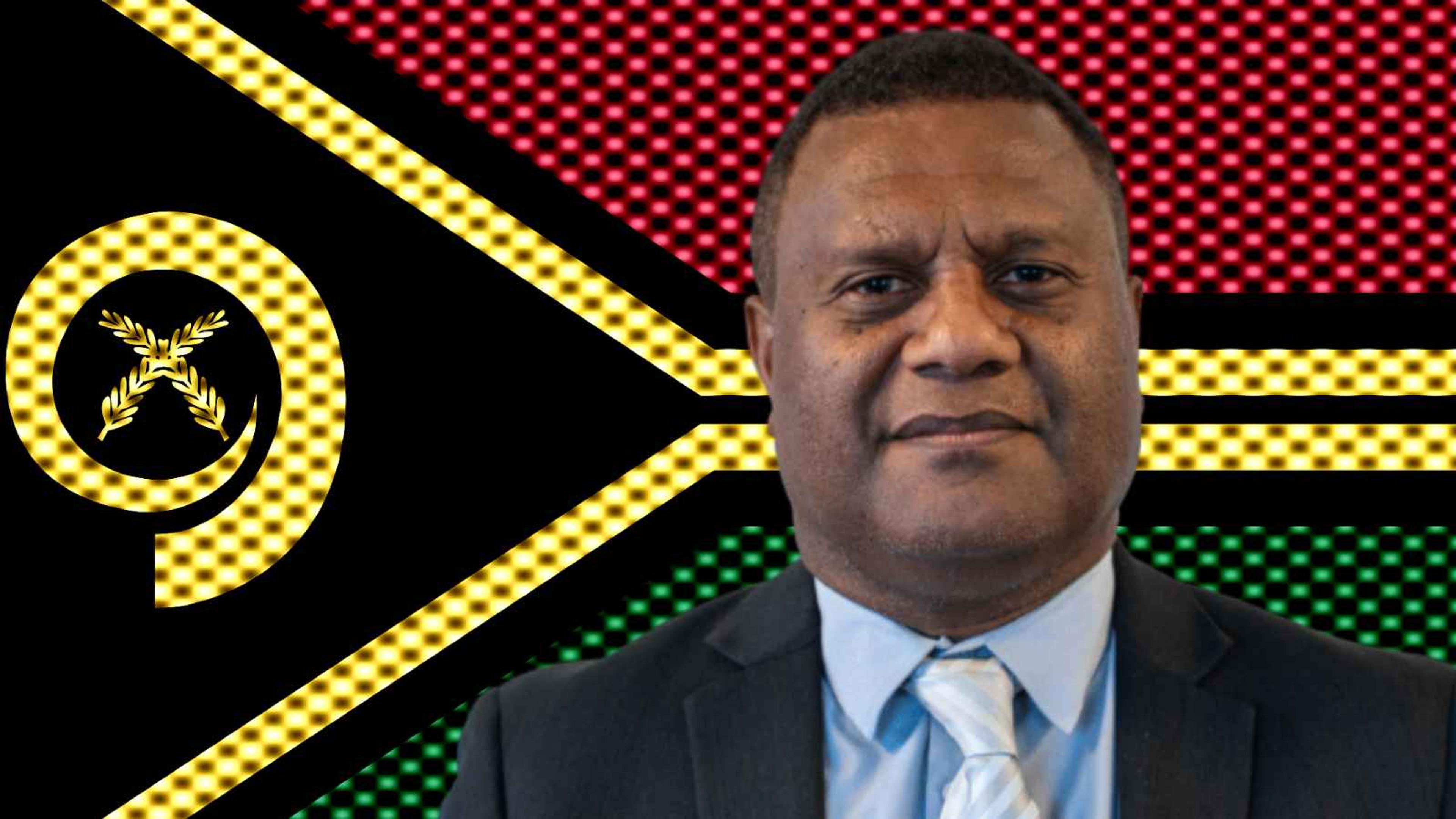

Middlemore hospital.
Photo/ LDR/ Stephen Forbes
Expert: Funding urgently needed to prevent Pacific RSV hospitalisations
A Middlemore paediatrician says an equity lens is needed when deciding on funding to prevent Pacific children contracting RSV.


Manurewa charity requests $30,000 to keep Pacific seniors monthly gatherings

Blacklisting squeeze hits Vanuatu families and businesses, the regulator VFSC warns


Pageant talk: Pacific queens on colourism, transparency, and online backlash

Manurewa charity requests $30,000 to keep Pacific seniors monthly gatherings

Blacklisting squeeze hits Vanuatu families and businesses, the regulator VFSC warns

There are calls to urgently reinstate funding for medication used to prevent the respiratory syncytial virus, or RSV.
RSV can develop as a result of chest infections, and funding has been stopped for an antibody injection. Middlemore paediatrician Dr Adrian Trenholme is acutely familiar with the impact on Pacific children.
“RSV is one of the big viruses … and in Auckland, 40 per cent of the kids admitted to hospital under five with respiratory infections have this RSV bug, and it comes in winter like the flu.”
Speaking to Levi Matautia-Morgan on 531pi’s Pacific Mornings, Trenholme calls the virus a scourge, and says it's frustrating when they keep seeing vulnerable children returning to Middlemore hospital.
“Honestly, I’m a bit sick of it after dealing with it every year, every winter since 1985, and we have to put in special staffing to deal with the winters there.
“Māori and Pasifika kids are admitted at a rate of three times out of the other kids, so it's a big issue for Māori and Pacific kids … premature babies, the heart kids and the ones with neurological conditions are extra vulnerable to this.
“I've seen a number of times, they’ll go home in July in winter and come back to hospital after two weeks with bad RSV.”
Asthma and Respiratory Foundation chief executive Letitia Harding says the decision to cut funding to prevent RSV is concerning.
"The decision not to fund the vaccine will worsen inequality and put more pressure on an already-stretched health system.
"The government needs to listen to health specialists who are experts in their field, and invest more into Pharmac’s budget when there are proven effective treatments that actually prevent severe illness needing hospitalisation and intensive care."
A new way of approaching treatment
Trenholme is a member of the Foundation’s Scientific Advisory Board, and admits the treatment we've been using is expensive, but effective
“In Europe and America they use a monthly injection of this thing called palivizumab, and it helps prevent you coming into hospital, cuts it by about 50 per cent.”
An audit of a group of Pacific and Māori babies in 2022 found there were no RSV hospitalisations for those who'd received palivizumab in the Auckland and Waikato regions.
Watch the full interview with Dr Trenholme below:
Bolstered funding throughout the Covid-19 pandemic has now finished for palivizumab injections, but Dr Trenholme believes more funding and an “equity lens” is needed to address race-based inequities in the health system.
“I think we need to look at how we fund medications for vulnerable children moving forward … if there was a condition where Pākehā had three times the rate of hospital admission I think the lens might be slightly different.”
A new RSV antibody treatment has been approved in the US and Europe which only needs an injection once per three months and there are hopes the new government’s additional Pharmac funding will see this fast tracked to New Zealand.
Dr Trenholme says this could have a profound impact on families with sick children.
“The huge impact of having a child in hospital who’s under six years of age with pneumonia or bronchitis is just huge, so my heart and thoughts go out to them, the thousands I’ve seen over the years, so don’t underestimate the impact of it.”
University of Auckland Immunisation Advisory Centre director Professor Nikki Tuner is joining other experts in calling for a mitigation strategy that empasses Covid-19, RSV and influenza.
"While I am sure the world, and New Zealand, are heartily sick of COVID-19, what it has taught us is not to underestimate respiratory illness.
"It is important to not rapidly forget and put the pandemic behind us. There is a critical need for ongoing focus, and to not just quietly ignore the amount of people continuing to be affected by COVID-19, along with flu and the other important respiratory viruses."